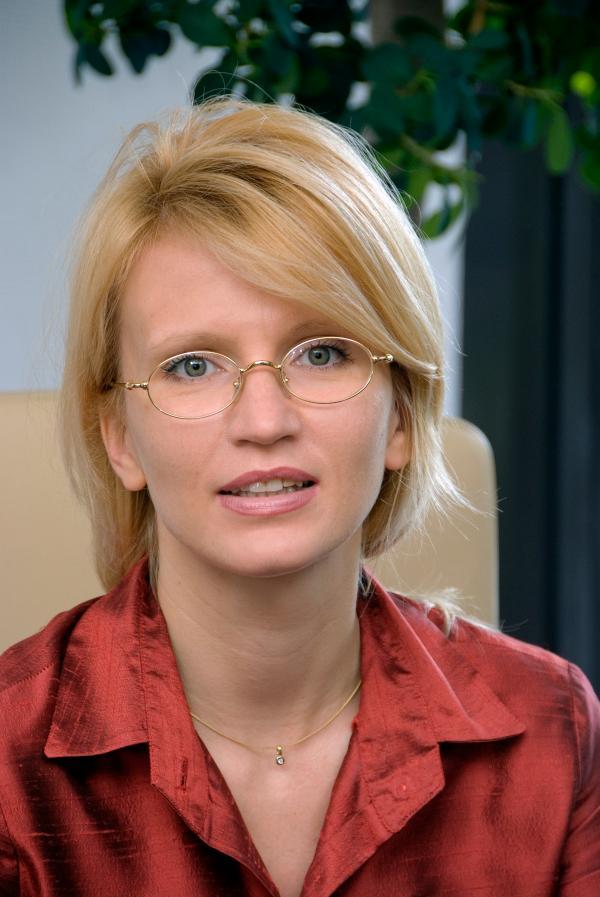
Ms Marta Gajęcka will join the European Investment Bank as Vice-President on 16 August 2007. She will succeed Mr Ivan Pilip, who has ended his three-year term and was the first EIB Vice-President to come from the EU Member States that joined the Union on 1 May 2004.
Ms Gajęcka is a Polish citizen. She was appointed by the EIB Board of Governors on a proposal from the Republic of Poland, acting in agreement with the other members of the shareholder constituency (Bulgaria, the Czech Republic, Cyprus, Hungary, Malta, Slovenia and Slovakia).
Ms Gajęcka will take over the portfolio of Mr Pilip and her supervisory responsibilities will involve financing operations in Poland, the Czech Republic, Hungary, Slovakia, Slovenia and Bulgaria, further trans-European transport and energy networks and corporate social responsibility. She will also serve as an Alternate Governor of the EBRD.
As Vice-President Ms Gajęcka will be a member of the EIB Management Committee, consisting of President Maystadt and eight Vice-Presidents who are collectively in charge of the day-to-day management of the EIB.
Ms Gajecka is an international economic and political relations specialist by education and also studied sociology at the University of Warsaw. Before joining the Bank she was Undersecretary of State in the Polish Ministry of Finance. Prior to that, she worked in this Ministry as an Acting Director of the Tax Policy Department up until 2006. From 2004 to 2006 she was Financial Counsellor of the Permanent Representation of Poland to the EU in Brussels, and from 2002 to 2004 she worked as Financial Counsellor of the Permanent Representation of Poland to the OECD in Paris. Ms Gajęcka started her career as a Senior Specialist in the Ministry of Finance.
Background:
The EIB, the European Union’s financing institution, is the Bank promoting European objectives. Over the last five years, it has advanced EUR 218 billion in loans for capital investment projects. Its main lending priorities are economic and social cohesion, implementation of the Lisbon Agenda, the development of trans-European transport networks, energy diversification and security, environmental protection and support for small and medium-sized enterprises. Outside the European Union, the EIB underpins EU cooperation and development aid policies in the Southern and Eastern Neighbours, the African, Caribbean and Pacific regions, Latin America and Asia. The EIB raises its resources on the capital markets and works closely with the other EU institutions.

©EIB
Download original